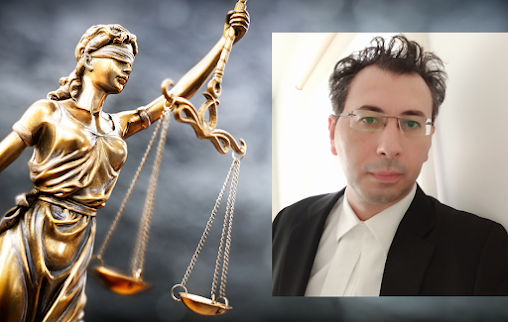Nature of the right of residence under Article 20 TFEU (Case C-624/20 ECJ)

According to the Judgment of the European Court of Justice in Case C-624/20 (Staatssecretaris van Justitie en Veiligheid), a third-country national who enjoys a right of residence as a family member of an EU citizen may acquire long-term resident status where he or she satisfies the conditions provided for by EU law. In 2013, E. K., a Ghanaian national, obtained a residence permit in the Netherlands as a family member of a Union citizen (Art. 20 TFEU), on account of the existence of a relationship of dependency between that citizen and her son, who holds Netherlands nationality. In 2019, she applied for a long-term resident’s EU residence permit on the basis of the national legislation transposing an EU directive. (Council Directive 2003/109/EC of 25 November 2003 concerning the status of third-country nationals who are long-term residents (OJ 2004 L 16, p. 44). However, the Netherlands authorities refused her application, on the ground that the right of residence as a family member o









